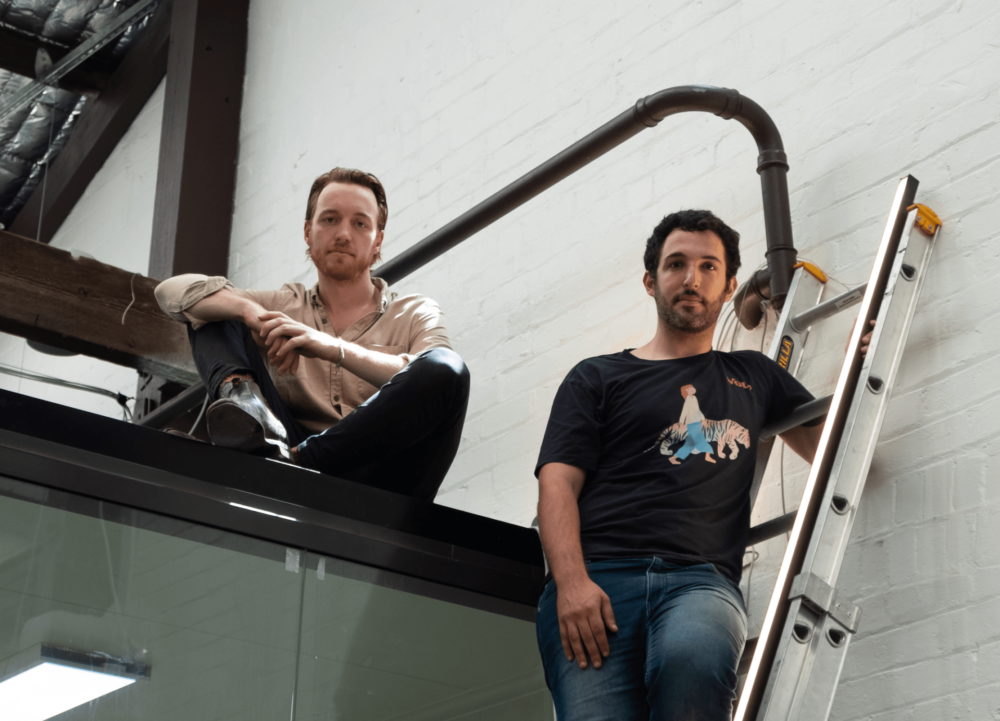Most of the meat consumed in modern society comes from a relatively narrow set of animal species: cattle, chickens, pigs, and sheep, for the most part. These four account for an estimated 97% of our protein intake, but represent just 0.02% of Earth’s biodiversity.
There are several reasons for these uneven protein preferences. Chief among them is the restrictive nature of animal husbandry: only a few species have ever been successfully domesticated by humans, and other than some selective breeding within these strains, not too much has changed for thousands of years.
The ability to culture meat in the lab from a handful of cells, rather than breeding and raising entire animals, presents an opportunity for a different approach. That’s the view of Tim Noakesmith and George Peppou, co-founders of Vow – an Australian alt-protein startup with a twist.
“With a technology like cultured meat we won’t need to think in terms of what we already consume. Instead, we can start with first principles: what protein would we choose if we could eat anything?” Peppou told AFN.
“This will mean products that are tastier, more nutritious, or more functional than anything animals could produce.”
CEO Peppou and chief commercial officer Noakesmith established Vow in 2019, unveiling the startup’s first cultured meat creations that year – among them, a dumpling containing protein grown from kangaroo cells.
Since then, the Sydney-based startup has experimented with other ‘exotic’ alt-meat products, including alpaca and water buffalo, as well as more familiar fare such as goat, pig, and rabbit.
It’s building a ‘cell library’ of genetic material collected from animals all over the world, which will allow it to explore “hundreds upon hundreds of possible combinations” in order to optimize for factors such as nutritional properties, flavor and texture, sustainability credentials, and cost efficiency.
“Almost every mouthful of meat eaten today comes from a very select group of animals that could be domesticated and then industrialized to meet growing demand. We’re working towards a future where cellular agriculture allows us to create meat that is different and better than the meat we eat today,” Noakesmith told AFN.
The Vow team predicts that there will be early-adopter markets for the less conventional species it’s culturing. But beyond that, Noakesmith believes meat products in the near future will sell based on the brand and the specific benefits they bring to consumers, and not based on the associated animal.
“Ultimately, with a more diverse library of cells than anyone else, alongside the knowhow to create new and novel food products from different cell lines, we’ll have the capability to create more products for more engaged consumer groups and take market share that way,” he said.
Last week, Vow announced it had raised A$7.7 million ($6 million) from its Seed round, which was led by Melbourne-based Square Peg Capital. Other participants included existing investors Blackbird Ventures and Grok Ventures, with new backer Tenacious Ventures joining in.
“We’ve known the founders for many years and have been incredibly impressed with their vision, shoestring-budget hustle, and execution,” Tenacious Ventures general partner Sarah Nolet told AFN.
The firm invested in Vow because of its “proprietary, technology-enabled library of animal cells” and its go-to-market strategy targeting “premium, niche experiences initially, through to mass market consumers eventually.” Tenacious was also attracted by the startup’s vertically integrated model, which gives it control of the end-to-end process from cell line identification through to end product development, Nolet added.
With fresh capital in the bank, Vow is now looking to secure regulatory clearances to get its products into the hands of consumers. Buoyed by Singapore’s pioneering approval of US startup Eat Just‘s lab-grown chicken last month, the startup is looking to Asia for its first forays into the market.
“Vow is following much the same path as Eat Just and other cultured meat companies, working with international regulators to demonstrate beyond any doubt that our products are safe and healthy for widespread consumption,” Peppou said.
According to Noakesmith, Vow was launched with a mission to “feed billions with food that is irresistible and delicious – which means we must be a global company from day one to achieve this mission.”
“We believe regulators in Asia will move faster and so we will initially target those markets,” he said.
Got a news tip or a story idea? Email me at [email protected] or find me on Twitter at @jacknwellis





